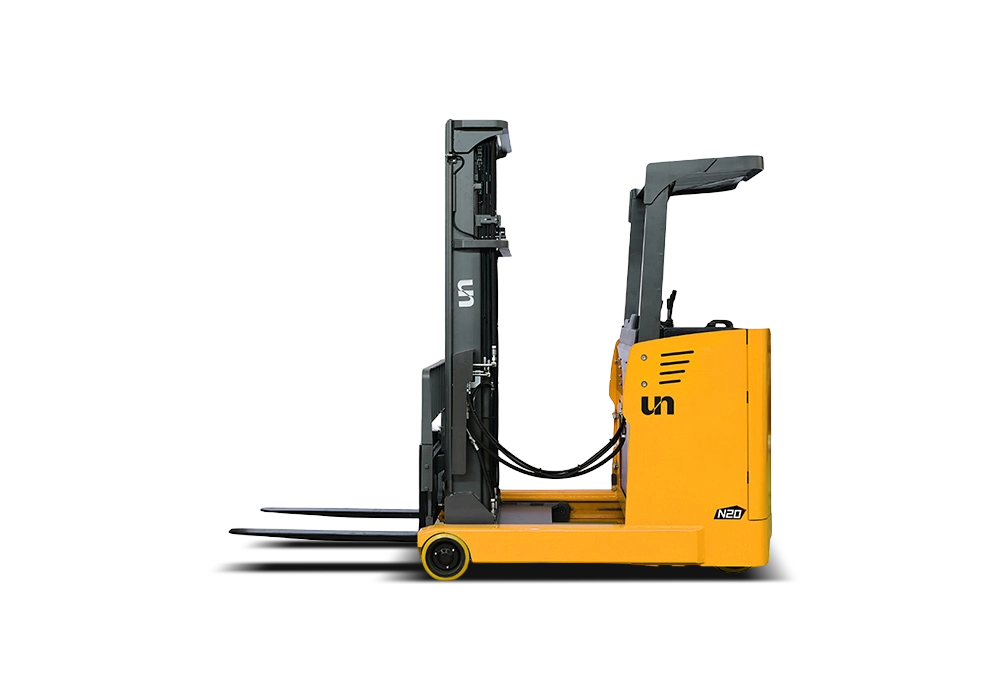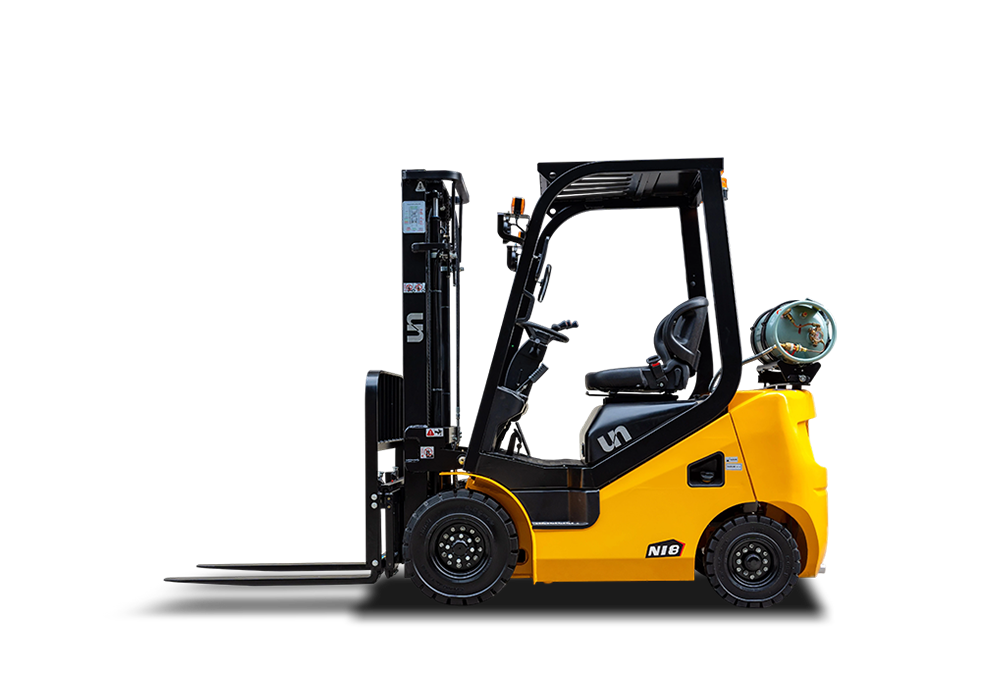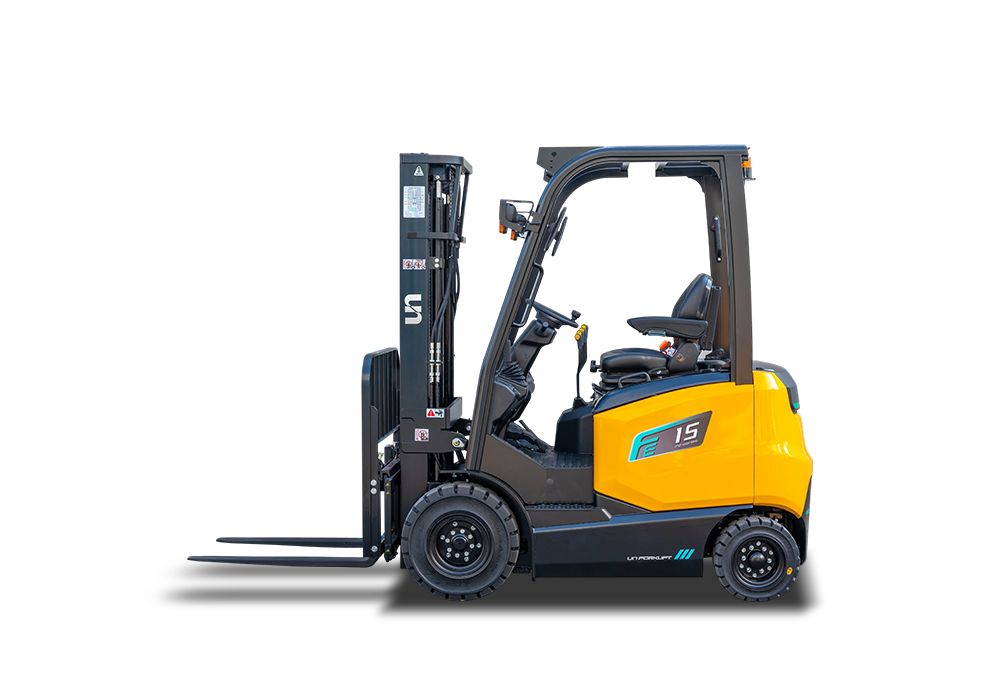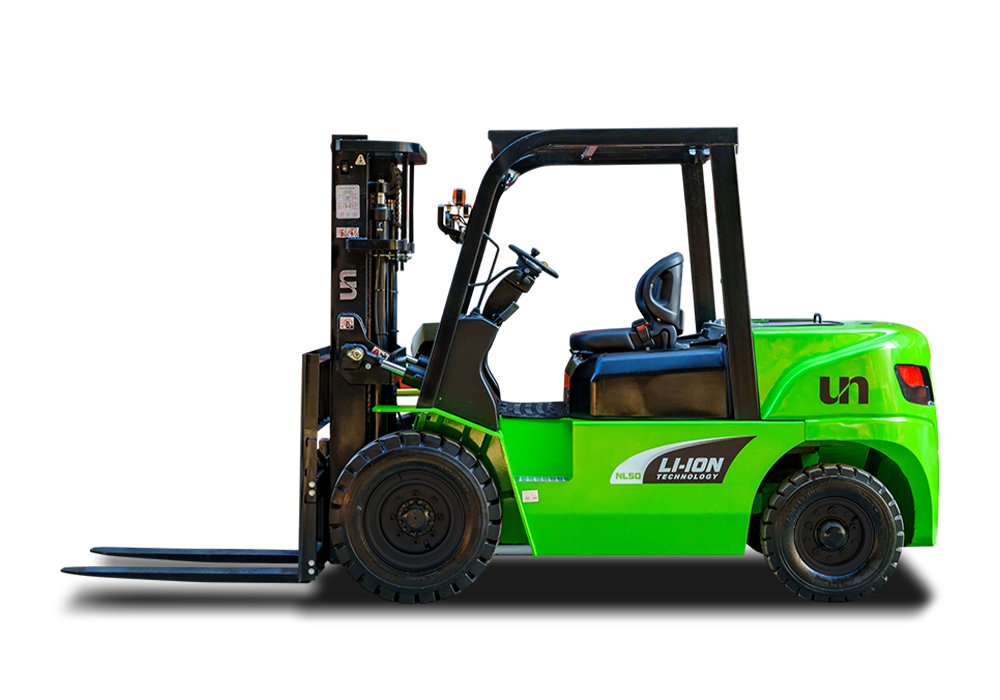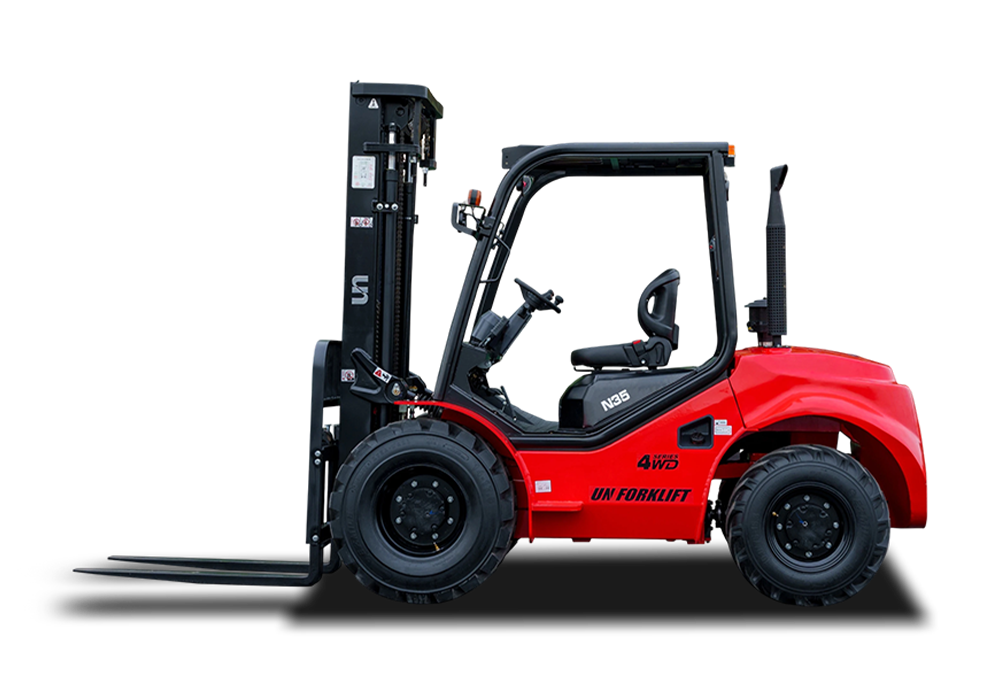Are there noise considerations associated with the operation of diesel forklifts, especially in indoor settings?
Admin 2023-12-25noise considerations are a significant factor associated with the operation of diesel forklifts, especially in indoor settings. Diesel engines inherently produce noise during their operation, and this can have implications for workplace environments, particularly where noise levels need to be controlled for the well-being of workers or compliance with regulations. Here are some key points regarding noise considerations with diesel forklifts:
Noise Levels:
Diesel forklifts are generally noisier compared to electric forklifts. The combustion process in diesel engines generates mechanical noise, exhaust noise, and other operational sounds.
Indoor Noise Impact:
In indoor settings, where sound can reverberate and echo, the noise produced by diesel forklifts can be more pronounced. This can lead to an increase in overall noise levels within the facility.
Impact on Communication:
Excessive noise from diesel forklifts can hinder communication between workers, impacting coordination and posing safety concerns. Clear communication is crucial in busy industrial environments.
Use of Noise Reduction Technologies:
Some diesel forklift models come equipped with noise reduction technologies designed to minimize engine noise. This may include soundproofing materials, mufflers, and other features that help reduce overall noise levels.
Periodic Maintenance:
Regular maintenance of diesel forklifts, including checking and maintaining the exhaust system, can help ensure that the forklift operates at optimal efficiency, potentially reducing unnecessary noise.
Alternative Power Sources:
For businesses with a primary focus on noise reduction, exploring alternative power sources such as electric or LPG (liquefied petroleum gas) forklifts may be considered. Electric forklifts, in particular, are known for their quiet operation.
Operator Training:
Proper training of forklift operators includes adhering to recommended operating practices that can help minimize noise levels. This includes smooth acceleration and deceleration, avoiding unnecessary engine revving, and proper use of equipment.
Isolation of Work Areas:
Businesses may consider the physical layout of their facility to isolate or separate work areas where noise from diesel forklifts is more prevalent. This can be achieved through soundproofing measures or spatial planning.
Consideration of Shift Schedules:
For facilities with noise-sensitive areas, scheduling diesel forklift operations during periods when noise impact is less critical may be an option.
It's important for businesses to strike a balance between the operational needs of diesel forklifts and the maintenance of a safe and comfortable working environment. In cases where noise reduction is a primary concern, exploring alternative power sources or implementing mitigation strategies may be considered.
PREV: How is the mast of a forklift truck designed, and what are the considerations for mast height and lifting height?PREV: Are diesel forklifts suitable for heavy-duty applications, such as lifting large or exceptionally heavy loads?
Be the First to Know
For exclusive deals and latest offers, sign up by entering your email address below.
Related products




